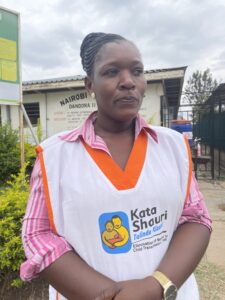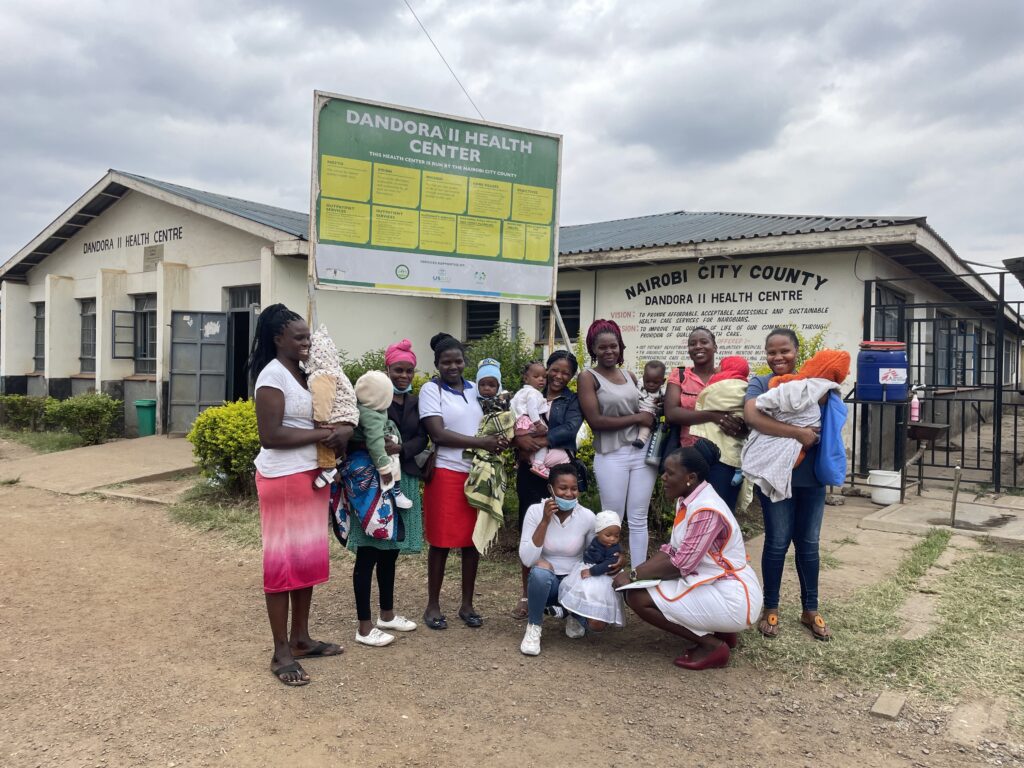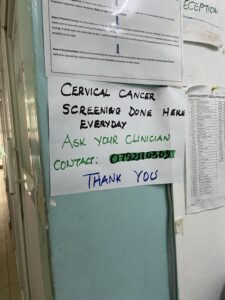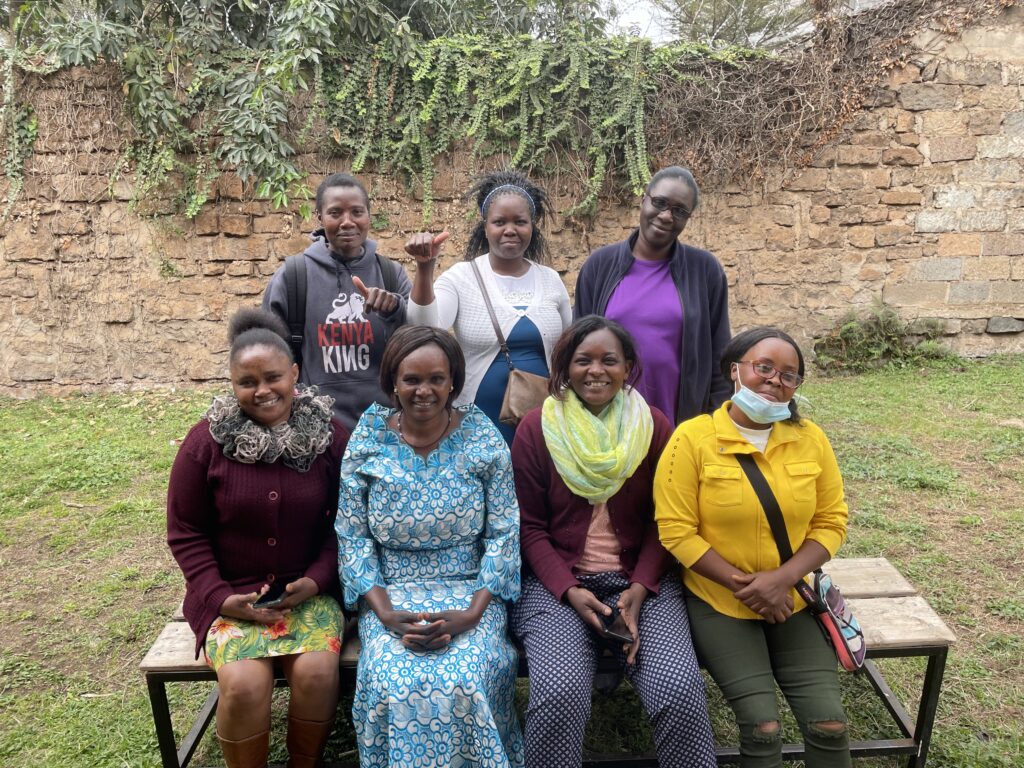In September 2022, Crystal Cazier, Deputy Director of Global Health at the Bush Institute, visited Kenya with representatives of the Go Further partnership to understand the successes and challenges surrounding efforts to eliminate cervical cancer in the country. Read Cazier’s trip diary below.
More than 100,000 women are diagnosed with cervical cancer every year in sub-Saharan Africa, and those living with HIV are six times more likely to develop the disease. This is why the U.S. President Emergency Plan for AIDS Relief (PEPFAR), the George W. Bush Institute, and UNAIDS, joined together in 2018 to launch Go Further, a partnership with the goal of eliminating cervical cancer and HIV in sub-Saharan Africa within a generation.
Since its launch, as part of the Go Further partnership, PEPFAR has completed 5.5 million cervical cancer screenings for women with HIV and treated 200,000 precancerous lesions. This Cervical Cancer Awareness Month, the Bush Institute is highlighting the important work of Go Further and its impact on the lives of women and families in the region.
In September 2022, Crystal Cazier, Deputy Director of Global Health at the Bush Institute, visited Kenya with representatives of the Go Further partnership to understand the successes and challenges surrounding efforts to eliminate cervical cancer in the country. Site visits included Pumwani Maternity Hospital, Dandora II Health Center, and Westlands Health Center in Nairobi, where PEPFAR conducts cervical cancer screenings and treatment as part of the Go Further partnership. Read Cazier’s trip diary below.
At Dandora II Health Center, I met a healthcare worker named Dinnah, who has worked as a mentor mother at the center for more than 10 years. Dinnah first learned she had HIV in 2011, and, as a mentor mother, her job is to encourage and share her own experiences with women who test positive for HIV. “I always tell them there is life after HIV…Being HIV-positive doesn’t mean it’s the end of life,” she said. “My work is to encourage the mothers and to ensure we get HIV negative babies.” During the time Dinnah has worked at Dandora II, 90% of babies born have been HIV-negative, she said.

PEPFAR provides the HIV testing and treatment services at Dandora II, including medication for the mothers and HIV testing for their children. “We are very thankful for them,” Dinnah said. In addition to HIV testing and treatment, Go Further supports the implementation of cervical cancer screening and treatment for precancerous lesions at the center.
A Dandora II healthcare worker who provides cervical cancer screenings and treatment said that because cervical cancer can develop over a period of years without the patient knowing, the most rewarding part of his job is detecting and treating the cancer in time to save a woman’s life.

At Pumwani Maternity Hospital, women who walk through the hospital doors are educated about cervical cancer, screenings, and treatment through informational meetings with healthcare workers and signs posted throughout the building. Education is a necessary first step in helping women understanding what happens during cervical cancer screening and why it is important that they are screened.
Healthcare workers at Pumwani are also working to pilot new screening methods that make it easier for women to be screened for cervical cancer, and community healthcare workers are going door-to-door in the community to encourage women to be screened.

At Health Center, PEPFAR and Go Further beneficiaries spoke about their experiences and challenges living with HIV, including stigma and discrimination because of their status. Each woman shared a common sentiment: Before receiving treatment for HIV, their physical and emotional health suffered immensely; but now that they are being treated and taking medication, they are happy and grateful. “I stay positive…for now, I have no problems,” a beneficiary named Caroline said. Thanks to PEPFAR and Go Further, these women are not only being treated for HIV but also receive cervical cancer screenings and treatment, if needed.

PEPFAR, with its Go Further partners, are making incredible contributions to the global goal to eliminate cervical cancer as a public health threat. What’s happening in Kenya is proof of that. The partnership is helping women and their families achieve a healthy future. No woman should die from cervical cancer due to a lack of access to screening and treatment, which is why it’s essential that Go Further continues its lifesaving investment and work in the region for years to come.






















